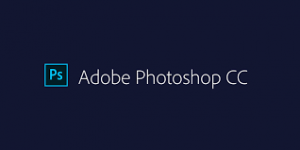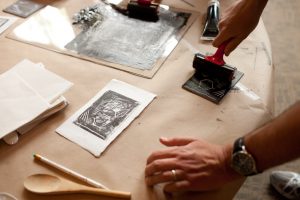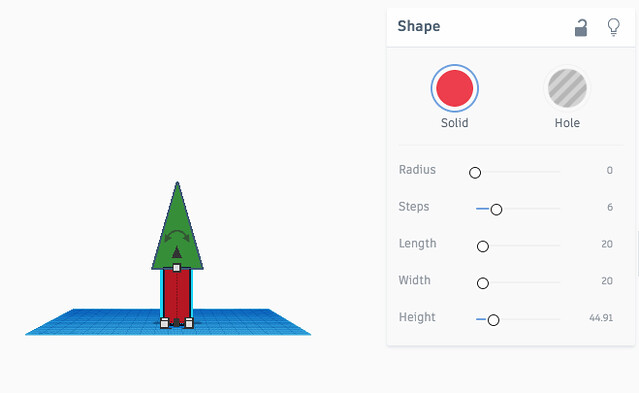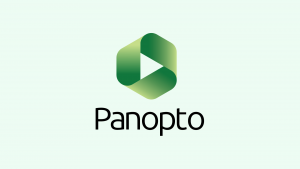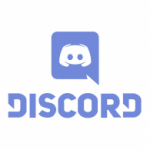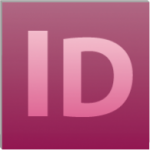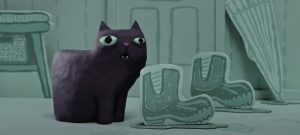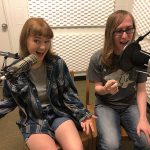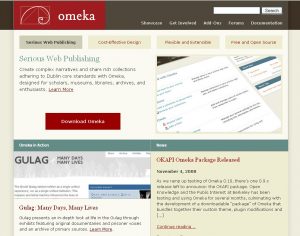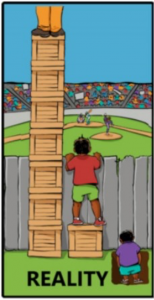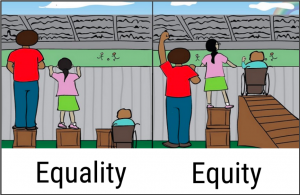Alternative Assignments
Friday, September 1, 10:00 – 11:00 Library Electronic Classroom
Baynard Bailey of Academic Computing Services will provide an overview of some alternative assignments (websites, podcasts, videos, posters). We will discuss how innovative assignments can be used to support learning objectives and review relevant best practices.
Intro to U.S. Census and American Community Survey (ACS) Data and Tools
Friday, September 15th, 3:00 – 4:30 pm, Ely Hall Rm 200
Presenter David Kraiker, Data Dissemination Specialist for the U.S. Census Bureau, will provide an introduction to the Census Bureau, the data it collects and provides, and how to find and use the data. Attendees will learn what Census Bureau is, the differences between the American Community Survey (ACS) and the Decennial Census, parameters for finding data of interest, and using the tools in the Census Bureau’s data portal, https://data.census.gov, to explore and visualize ACS and Census data. Refreshments and open discussion with Mr. Kraiker to follow (4:30 – 5:00 pm). Hosted by the Department of Earth Science and Geography.
Intro to Audio Recording and Campus Resources 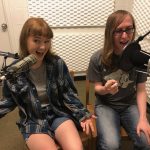
Friday, September 22nd, 10:00 – 11:00 pm, Main Library Electronic Classroom
Planning to record voice or music and you have never done it before? Interested in podcasting? Perhaps you have an interview you need to edit and share? We’ll review free and cross-platform tools and review resources for audio production. We’ll conclude by visiting the audio nook and the studio in the basement of Chicago Hall. Led by Baynard Bailey of Academic Computing Services.
Faculty Seminar on Using Mathematica & Wolfram Alpha
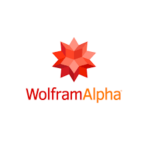 September 21, 2023, 3:45-5:00, BLS 202
September 21, 2023, 3:45-5:00, BLS 202
Andy Dorsett, of Wolfram Research, will present a seminar on (1) the basics of Mathematica and Wolfram Alpha for beginners, (2) classroom/homework/lesson plan activities, and (3) research applications – including machine learning, data analysis, image processing, connections to AI, etc.
Intro to the Vassar College Libraries Digital Library
October 2, 2023, 3:30-4:30PM, via Zoom
The Digital Library includes photos, audiovisual materials, manuscripts, and much more! Did you know it now also provides access to Finding Aids, Vassar Scholarship, and a Herbarium? Join us for a tour of the system followed by a Q&A. The tour will include tips on how to find what you need for your research and how to submit your work to the Vassar Scholarship repository. Led by Nicole Scalessa of Digital Scholarship and Technology Services.
Register Online: https://libcal.vassar.edu/event/11208075
Intro to Vassar GIS Resources for Social Science Mapping
October 4, 2023, 3:30-5:00 PM, Ely Hall Rm 114 (GIS Lab)
Powerful GIS tools for social science mapping are available to all students, faculty, and academic staff at Vassar. This workshop will provide an overview of these tools and how to use them, with examples exploring demographic and socioeconomic patterns (e.g. race & ethnicity, education level, income) and housing characteristics, as well as analyzing these patterns in relation to resource availability, threats, or impacts. Led by Elizabeth Salmon of Academic Engagement and Neil Curri of Academic Computing Services.
Managing your Vassarspaces.net Web Resources
October 30, 2023, 3-4PM, via Zoom
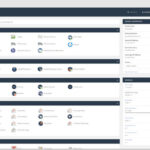 Now that you have signed up for vassarspaces.net account and built an online resource what’s next? Learn how to set up backup schedules in CPanel and perform a manual local backup of your site(s). Having issues with site loading times, also learn how to use image compression and caching plugins to improve site performance. Led by Nicole Scalessa of Digital Scholarship and Technology Services.
Now that you have signed up for vassarspaces.net account and built an online resource what’s next? Learn how to set up backup schedules in CPanel and perform a manual local backup of your site(s). Having issues with site loading times, also learn how to use image compression and caching plugins to improve site performance. Led by Nicole Scalessa of Digital Scholarship and Technology Services.
Register Online: https://libcal.vassar.edu/event/11208119
Basics of Research Data Management
October 31, 2023, 3-4PM via Zoom
In recognition of World Digital Preservation Day, this workshop will cover strategies and tips for organizing, documenting and preserving your research data. Learn how to streamline the research process and ensure data is accessible and understandable into the future with effective research data management!
File and Email Management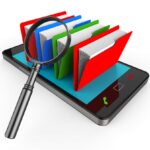
November 2, 2023, 3-4PM via Zoom
In recognition of World Digital Preservation Day, this workshop will cover strategies and tips for organizing, documenting and preserving your research data. Learn how to streamline the research process and ensure data is accessible and understandable into the future with effective research data management! Led by Digital Preservation Librarian Kim Gianfrancesco. Register Online: https://libcal.vassar.edu/event/11232344
Digital Humanities Data Management Plan Basics
November 6, 2023, 3:30-4:30PM via Zoom
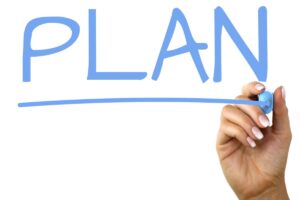 Are you considering building an Omeka, Scalar, or WordPress site to share your work with the world? Have you already created a proof of concept for a digital project and want to know what comes next? You need a Digital Management Plan to ensure sustainability of your site! A DMP describes the data that will be acquired or produced during your project; how the data will be managed, described, stored, accessed, and preserved during and after the completion of the project. Led by Nicole Scalessa of Digital Scholarship and Technology Services.
Are you considering building an Omeka, Scalar, or WordPress site to share your work with the world? Have you already created a proof of concept for a digital project and want to know what comes next? You need a Digital Management Plan to ensure sustainability of your site! A DMP describes the data that will be acquired or produced during your project; how the data will be managed, described, stored, accessed, and preserved during and after the completion of the project. Led by Nicole Scalessa of Digital Scholarship and Technology Services.
Register Online: https://libcal.vassar.edu/event/11208107
GIS Day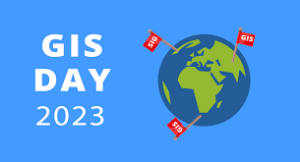
November 8, 2023, 5:00 – 6:30 PM, Ely Hall Rm 200
Join fellow students and faculty in Vassar’s 4th GIS Day, part of an international celebration of Geographic Information Systems (GIS) technology and geospatial mapping. Student and faculty presentations of geospatial mapping projects across multiple disciplines will be followed by discussion, food and refreshments. All are welcome. Hosted by Hudson Valley Mappers, the Earth Science and Geography Department, and the Office of Community Engaged Learning.
Intro to Omeka
November 8, 2023, 3:30-4:30PM via Zoom
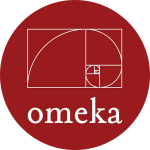 Omeka is a free, open-source content management system for online digital collections that allows users to publish and exhibit scholarly collections and cultural heritage objects. The Vassar College Digital Scholarship Services Collaboration (DiSSCo) provides a web hosting resource called vassarspaces.net. This service, a Domain of One’s Own (DoOO) product, provides the flexibility for anyone in our academic community to build websites on a variety of platforms, including Omeka. Led by Nicole Scalessa of Digital Scholarship and Technology Services.
Omeka is a free, open-source content management system for online digital collections that allows users to publish and exhibit scholarly collections and cultural heritage objects. The Vassar College Digital Scholarship Services Collaboration (DiSSCo) provides a web hosting resource called vassarspaces.net. This service, a Domain of One’s Own (DoOO) product, provides the flexibility for anyone in our academic community to build websites on a variety of platforms, including Omeka. Led by Nicole Scalessa of Digital Scholarship and Technology Services.
Register Online: https://libcal.vassar.edu/event/11208114
Intro to Scalar
November 29, 2023, 3:30-4:30 via Zoom
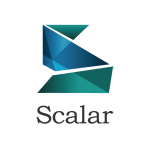 Scalar is an open source, web-based publishing software from the University of Southern California’s Alliance for Networking Visual Culture that allows you to create networked, multi-media online publications.This workshop will begin with the basics of installation along with creating accounts, projects, and content path. It will also cover the management and inclusion of media, such as images and video. Led by Nicole Scalessa of Digital Scholarship and Technology Services.
Scalar is an open source, web-based publishing software from the University of Southern California’s Alliance for Networking Visual Culture that allows you to create networked, multi-media online publications.This workshop will begin with the basics of installation along with creating accounts, projects, and content path. It will also cover the management and inclusion of media, such as images and video. Led by Nicole Scalessa of Digital Scholarship and Technology Services.
Register Online: https://libcal.vassar.edu/event/11208115
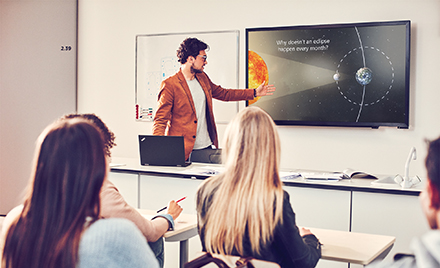


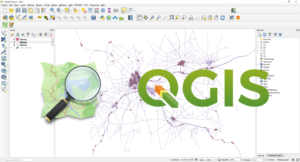 Introduction to QGIS
Introduction to QGIS 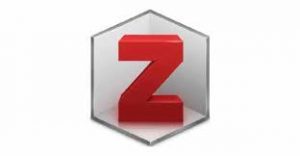
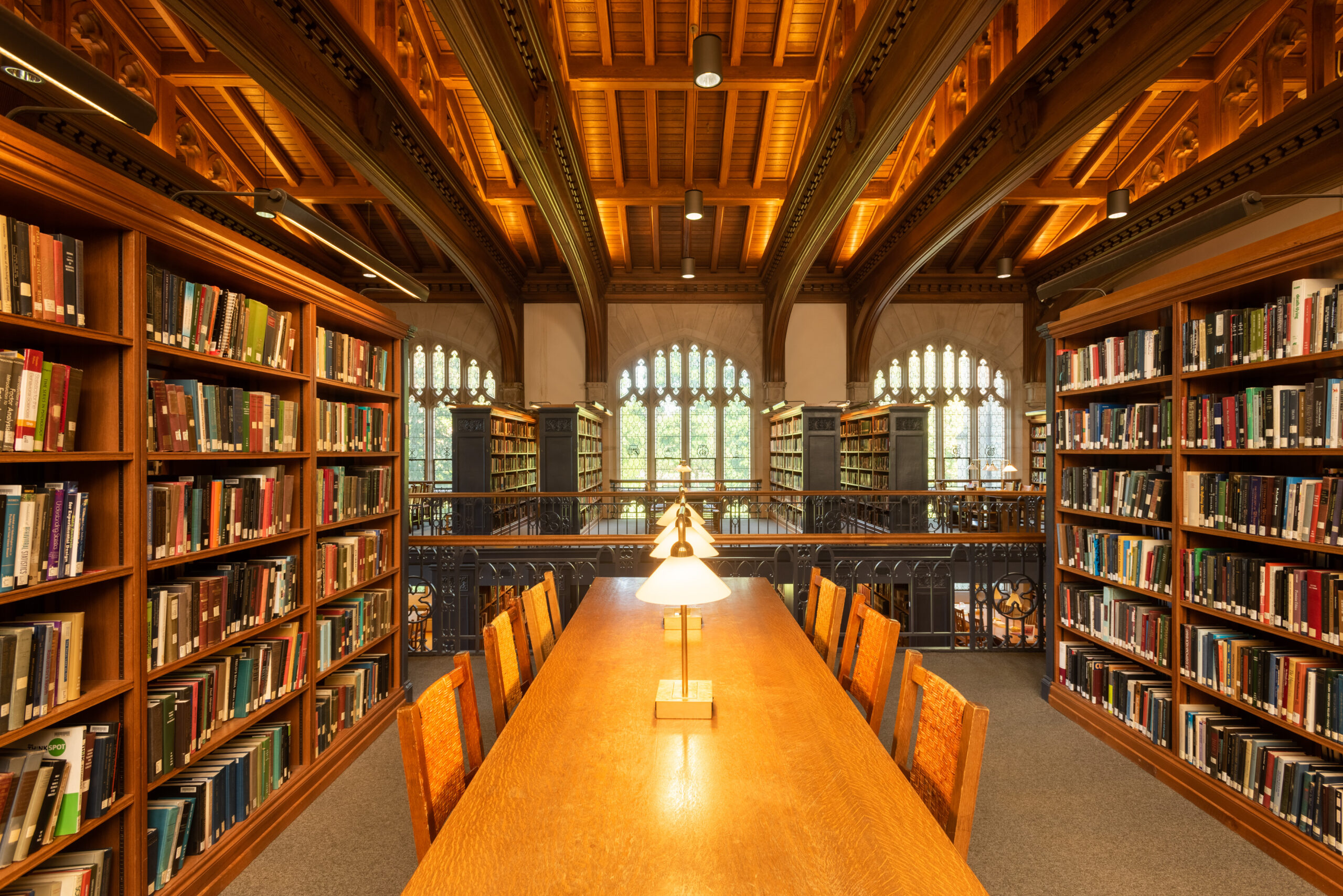 Intro to the Vassar College Libraries Digital Library: Research and Classroom Use
Intro to the Vassar College Libraries Digital Library: Research and Classroom Use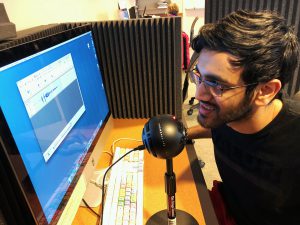 Planning to record voice or music and you have never done it before? Interested in podcasting? Perhaps you have an interview you need to edit and share? We’ll review free and cross-platform tools and review resources for audio production. We’ll conclude by visiting the audio nook and the studio in the basement of Chicago Hall. Led by Baynard Bailey of Academic Computing Services.
Planning to record voice or music and you have never done it before? Interested in podcasting? Perhaps you have an interview you need to edit and share? We’ll review free and cross-platform tools and review resources for audio production. We’ll conclude by visiting the audio nook and the studio in the basement of Chicago Hall. Led by Baynard Bailey of Academic Computing Services.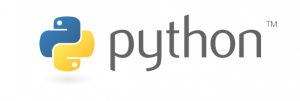
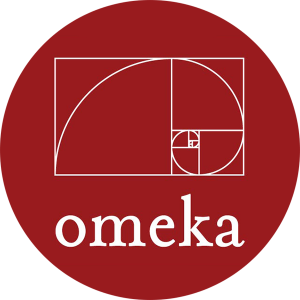 Omeka is a free, open-source content management system for online digital collections that allows users to publish and exhibit scholarly collections and cultural heritage objects. The Vassar College Digital Scholarship Services Collaboration (DiSSCo) provides a web hosting resource called vassarspaces.net. This service, a Domain of One’s Own (DoOO) product, provides the flexibility for anyone in our academic community to build websites on a variety of platforms, including Omeka. Led by Nicole Scalessa of Digital Scholarship and Technology Services.
Omeka is a free, open-source content management system for online digital collections that allows users to publish and exhibit scholarly collections and cultural heritage objects. The Vassar College Digital Scholarship Services Collaboration (DiSSCo) provides a web hosting resource called vassarspaces.net. This service, a Domain of One’s Own (DoOO) product, provides the flexibility for anyone in our academic community to build websites on a variety of platforms, including Omeka. Led by Nicole Scalessa of Digital Scholarship and Technology Services.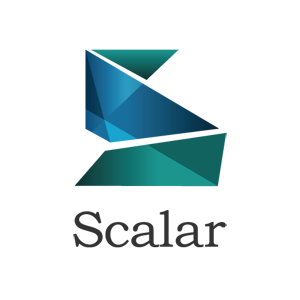 Scalar is an open source, web-based publishing software from the University of Southern California’s Alliance for Networking Visual Culture that allows you to create networked, multi-media online publications.This workshop will begin with the basics of installation along with creating accounts, projects, and content path. It will also cover the management and inclusion of media, such as images and video. Led by Nicole Scalessa of Digital Scholarship and Technology Services.
Scalar is an open source, web-based publishing software from the University of Southern California’s Alliance for Networking Visual Culture that allows you to create networked, multi-media online publications.This workshop will begin with the basics of installation along with creating accounts, projects, and content path. It will also cover the management and inclusion of media, such as images and video. Led by Nicole Scalessa of Digital Scholarship and Technology Services.  Tired of naming files final_draft_v12_comments_corrected_v10.docx? Git is a commonly used version control system that solves this exact problem and is especially helpful when collaborating with others. GitHub is one of the most popular home for Git-based projects on the internet. This workshop will introduce you to Git and GitHub. You will practice making commits, pushing, and pulling, but alone and in collaboration with others.
Tired of naming files final_draft_v12_comments_corrected_v10.docx? Git is a commonly used version control system that solves this exact problem and is especially helpful when collaborating with others. GitHub is one of the most popular home for Git-based projects on the internet. This workshop will introduce you to Git and GitHub. You will practice making commits, pushing, and pulling, but alone and in collaboration with others. 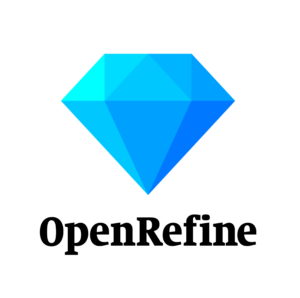
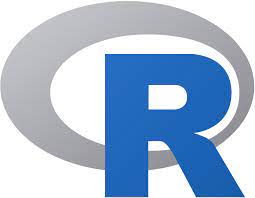 R is a statistical programming environment commonly used in academia for creating data visualizations and doing statistical analyses in a more regimented manner. This workshop provides a basic overview of using R and RStudio (a common interactive development environment) for statistical analysis (please note that this workshop does not cover statistical concepts).
R is a statistical programming environment commonly used in academia for creating data visualizations and doing statistical analyses in a more regimented manner. This workshop provides a basic overview of using R and RStudio (a common interactive development environment) for statistical analysis (please note that this workshop does not cover statistical concepts).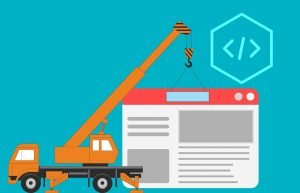 Need a website? We will review the options you have available to you as a member of the Vassar Community. We’ll also cover our new resource : vassarspaces.net – where we empower users to become sys admins and install their own apps (WordPress, Scalar, Omeka and more!). Led by Baynard Bailey of Academic Computing Services and Nicole Scalessa of Digital Scholarship and Technology Services.
Need a website? We will review the options you have available to you as a member of the Vassar Community. We’ll also cover our new resource : vassarspaces.net – where we empower users to become sys admins and install their own apps (WordPress, Scalar, Omeka and more!). Led by Baynard Bailey of Academic Computing Services and Nicole Scalessa of Digital Scholarship and Technology Services. 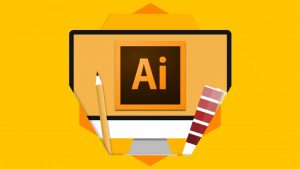 Need a poster for an academic conference? Want to print a giant poster for your event? Come to this hands-on workshop, learn basic design and how to use Illustrator, Powerpoint or Google Slides to make a poster. Led by Baynard Bailey of Academic Computing Services. Please rsvp to babailey@vassar.edu (suggested but not required).
Need a poster for an academic conference? Want to print a giant poster for your event? Come to this hands-on workshop, learn basic design and how to use Illustrator, Powerpoint or Google Slides to make a poster. Led by Baynard Bailey of Academic Computing Services. Please rsvp to babailey@vassar.edu (suggested but not required).
 September 21, 2023, 3:45-5:00, BLS 202
September 21, 2023, 3:45-5:00, BLS 202 Now that you have signed up for vassarspaces.net account and built an online resource what’s next? Learn how to set up backup schedules in CPanel and perform a manual local backup of your site(s). Having issues with site loading times, also learn how to use image compression and caching plugins to improve site performance.
Now that you have signed up for vassarspaces.net account and built an online resource what’s next? Learn how to set up backup schedules in CPanel and perform a manual local backup of your site(s). Having issues with site loading times, also learn how to use image compression and caching plugins to improve site performance. 
 Are you considering building an Omeka, Scalar, or WordPress site to share your work with the world? Have you already created a proof of concept for a digital project and want to know what comes next? You need a Digital Management Plan to ensure sustainability of your site! A DMP describes the data that will be acquired or produced during your project; how the data will be managed, described, stored, accessed, and preserved during and after the completion of the project. Led by Nicole Scalessa of Digital Scholarship and Technology Services.
Are you considering building an Omeka, Scalar, or WordPress site to share your work with the world? Have you already created a proof of concept for a digital project and want to know what comes next? You need a Digital Management Plan to ensure sustainability of your site! A DMP describes the data that will be acquired or produced during your project; how the data will be managed, described, stored, accessed, and preserved during and after the completion of the project. Led by Nicole Scalessa of Digital Scholarship and Technology Services. 
 Omeka is a free, open-source content management system for online digital collections that allows users to publish and exhibit scholarly collections and cultural heritage objects. The Vassar College Digital Scholarship Services Collaboration (DiSSCo) provides a web hosting resource called vassarspaces.net. This service, a Domain of One’s Own (DoOO) product, provides the flexibility for anyone in our academic community to build websites on a variety of platforms, including Omeka. Led by Nicole Scalessa of Digital Scholarship and Technology Services.
Omeka is a free, open-source content management system for online digital collections that allows users to publish and exhibit scholarly collections and cultural heritage objects. The Vassar College Digital Scholarship Services Collaboration (DiSSCo) provides a web hosting resource called vassarspaces.net. This service, a Domain of One’s Own (DoOO) product, provides the flexibility for anyone in our academic community to build websites on a variety of platforms, including Omeka. Led by Nicole Scalessa of Digital Scholarship and Technology Services. Scalar is an open source, web-based publishing software from the University of Southern California’s Alliance for Networking Visual Culture that allows you to create networked, multi-media online publications.This workshop will begin with the basics of installation along with creating accounts, projects, and content path. It will also cover the management and inclusion of media, such as images and video. Led by Nicole Scalessa of Digital Scholarship and Technology Services.
Scalar is an open source, web-based publishing software from the University of Southern California’s Alliance for Networking Visual Culture that allows you to create networked, multi-media online publications.This workshop will begin with the basics of installation along with creating accounts, projects, and content path. It will also cover the management and inclusion of media, such as images and video. Led by Nicole Scalessa of Digital Scholarship and Technology Services. 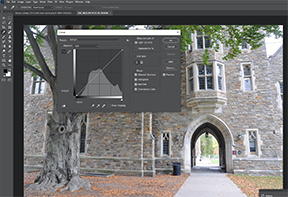
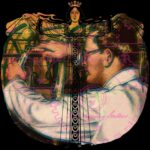 Wednesday, February 8, 3:00 – 4:00 pm,
Wednesday, February 8, 3:00 – 4:00 pm,  Wednesday, February 15, 3:00 – 4:00 pm on Zoom – Need a website? We will review the options you have available to you as a member of the Vassar Community. We’ll also cover our new resource : vassarspaces.net – where we empower users to become sys admins and install their own apps (WordPress, Scalar, Omeka and more!). Led by Baynard Bailey of Academic Computing Services and Nicole Scalessa of Digital Scholarship and Technology Services. Register:
Wednesday, February 15, 3:00 – 4:00 pm on Zoom – Need a website? We will review the options you have available to you as a member of the Vassar Community. We’ll also cover our new resource : vassarspaces.net – where we empower users to become sys admins and install their own apps (WordPress, Scalar, Omeka and more!). Led by Baynard Bailey of Academic Computing Services and Nicole Scalessa of Digital Scholarship and Technology Services. Register: 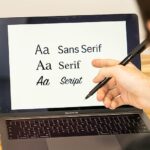

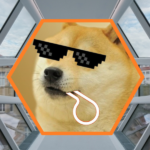 Wednesday, March 1, 12:00 – 1:00 pm,
Wednesday, March 1, 12:00 – 1:00 pm, 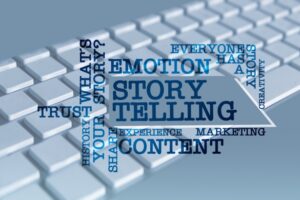 Wednesday, April 19,
Wednesday, April 19, 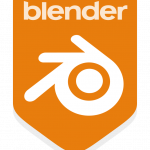 Blender is a free and open-source 3D computer graphics software toolset used for creating animation, art, visual effects, 3D printed models, motion graphics, interactive 3D applications, VR, and computer games. Participants will receive an introduction to the new interface of Blender 3.0 during the first week, and get access to high-powered desktop computers to work through personal 3D modeling projects in a communal setting.
Blender is a free and open-source 3D computer graphics software toolset used for creating animation, art, visual effects, 3D printed models, motion graphics, interactive 3D applications, VR, and computer games. Participants will receive an introduction to the new interface of Blender 3.0 during the first week, and get access to high-powered desktop computers to work through personal 3D modeling projects in a communal setting.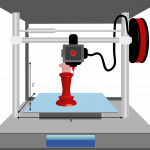
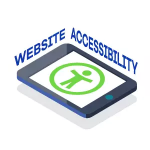 alternative formats for their Moodle materials, and instructors will be able to evaluate the accessibility of their Moodle sites and fix any identified issues. This workshop will demonstrate those tools to you. Led by Steve Taylor of Academic Computing Resources.
alternative formats for their Moodle materials, and instructors will be able to evaluate the accessibility of their Moodle sites and fix any identified issues. This workshop will demonstrate those tools to you. Led by Steve Taylor of Academic Computing Resources.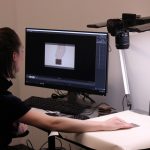
 The space is the legacy of Rick Jones, a retired sound engineer that used to support the technical needs of the language faculty. The studio has supported countless student and faculty projects, as well as professor hosted podcasts like Curtis Dozier’s
The space is the legacy of Rick Jones, a retired sound engineer that used to support the technical needs of the language faculty. The studio has supported countless student and faculty projects, as well as professor hosted podcasts like Curtis Dozier’s 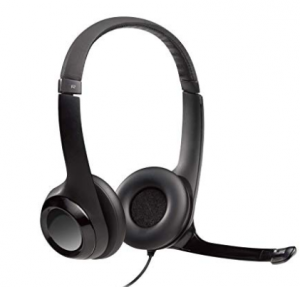

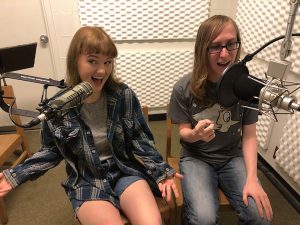 Planning to record voice or music and you have never done it before? Interested in podcasting? Perhaps you have an interview you need to edit and share? We’ll review free and cross-platform tools and review resources for audio production. We’ll conclude by visiting the audio production facilities in the basement of Chicago Hall. Led by Baynard Bailey of Academic Computing Services.
Planning to record voice or music and you have never done it before? Interested in podcasting? Perhaps you have an interview you need to edit and share? We’ll review free and cross-platform tools and review resources for audio production. We’ll conclude by visiting the audio production facilities in the basement of Chicago Hall. Led by Baynard Bailey of Academic Computing Services.